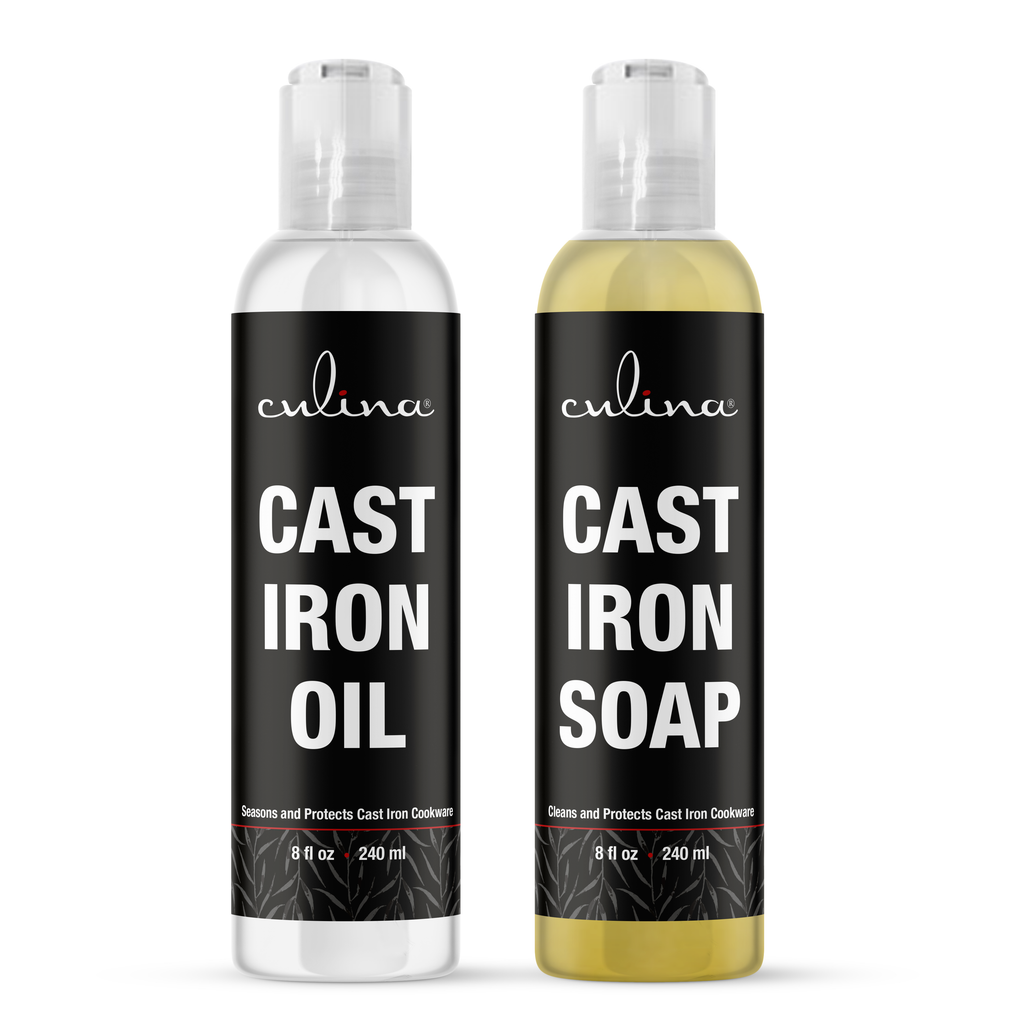How to Clean White Kitchen Cabinets Without Overthinking?
Cleaning white kitchen cabinets can feel like a daunting task. With their bright, pristine appearances, they tend to show every smudge, stain, and drip. However, knowing how to clean white kitchen cabinets efficiently can make this chore significantly easier. In this article, we will explore all the essential tips, techniques, and products needed for keeping those cabinets looking sparkling clean.
As a beautician, you likely appreciate the importance of maintaining a clean and appealing environment. Just as you would keep your workspace immaculate for clients, so too should your kitchen embody that same aesthetic appeal. White cabinets can elevate any kitchen's vibe, transforming it into a bright and inviting space.

The Importance of Regular Maintenance
Before diving into the how to clean white kitchen cabinets process, it's essential to understand the value of routine care. Regular cleaning prevents grease buildup, dirt accumulation, and staining, making your eventual deep clean much simpler.
Moreover, routine upkeep helps to prolong the life of your cabinets, ensuring that they remain functional and aesthetically pleasing for many years to come.
What You Need to Clean White Kitchen Cabinets
Before getting started with cleaning, you should gather the right tools and supplies. Heres a checklist to ensure you have everything at hand:
- Mild dish soap
- Warm water
- Microfiber cloths or soft rags
- Baking soda (for tough stains)
- Vinegar (optional, for freshening and removing odors)
- Wood polish (for wooden cabinets)
- Spray bottle for easy application
Steps on How to Clean White Kitchen Cabinets Effectively
Having all your supplies ready, lets walk through the steps to clean your cabinets thoroughly. Cleaning them doesnt have to be overwhelming; just follow this guide, and you can have them looking new again!
Step 1: Prepare Your Cleaning Solution
Mix a few drops of mild dish soap into a bucket of warm water. If you are dealing with particularly stubborn stains, you can create a paste using baking soda and a small amount of water. This mixture can work wonders for tougher grime.
Step 2: Wipe Down the Surfaces
Using a microfiber cloth, dip it into the prepared solution, wring it out to avoid dripping, and gently wipe over the cabinet surfaces. Pay special attention to the areas around the handles and edges where grease tends to build up. Rinse your cloth frequently in clean water to avoid redistributing dirt.
Step 3: Rinse and Dry
After cleaning, rinse your cabinets with a clean, damp cloth to remove any soap residue. Follow up by drying them with a clean, dry cloth to avoid water spots.
Step 4: Tackling Tough Stains
If you encounter stubborn stains or marks that wont budge, apply the baking soda paste directly onto the affected area. Let it sit for a few minutes before gently scrubbing with a damp cloth.
Step 5: Apply Wood Polish
If your cabinets are made of wood, consider applying a suitable wood polish after cleaning. This helps maintain their shine and protects against scratches.

Tips for Maintaining White Kitchen Cabinets
After youve cleaned your white kitchen cabinets, implement some maintenance strategies to keep them looking their best:
- Wipe spills immediately: Dont let stains set in; wipe up any spills as soon as they happen.
- Use cabinet liners: Consider placing liners inside your cabinets to catch any debris or spills.
- Avoid harsh chemicals: Stick to milder cleaners that wont harm the paint or finish of your cabinets.
- Routine cleaning: Incorporate a weekly wipe down as part of your cleaning schedule.
External Resources
For further cleaning tips, check out this resource on cleaning commercial kitchens.
Need to know more about cleaning sinks or painted kitchen cabinets? Explore these helpful guides.
Frequently Asked Questions (FAQs)
1. Can I use vinegar to clean my white kitchen cabinets?
Yes, vinegar can be an effective natural cleaner, but be sure to dilute it with water to avoid damaging the finish on your cabinets.
2. How often should I clean my cabinets?
Its a good idea to clean your cabinets every 1-2 weeks to prevent buildup of grease and grime.
3. What should I avoid when cleaning?
Avoid using abrasive scrubbers, harsh chemicals, or excessive moisture, as these can damage the surface of your cabinets.
As an Amazon Associate, I earn from qualifying purchases.

